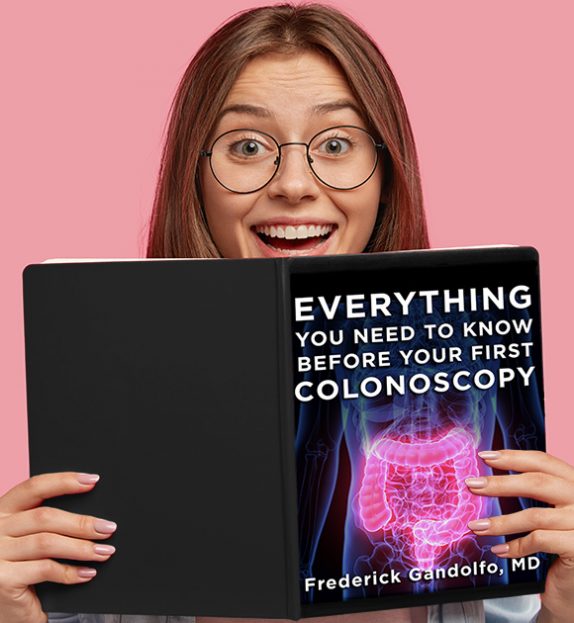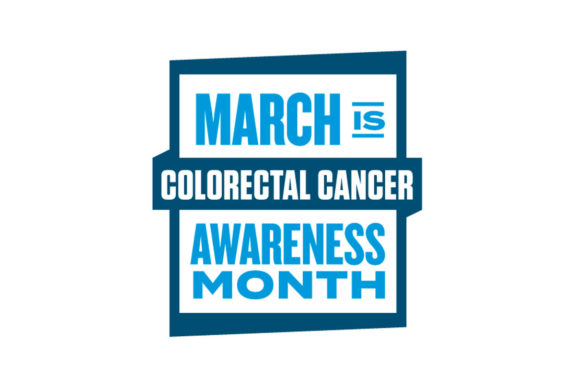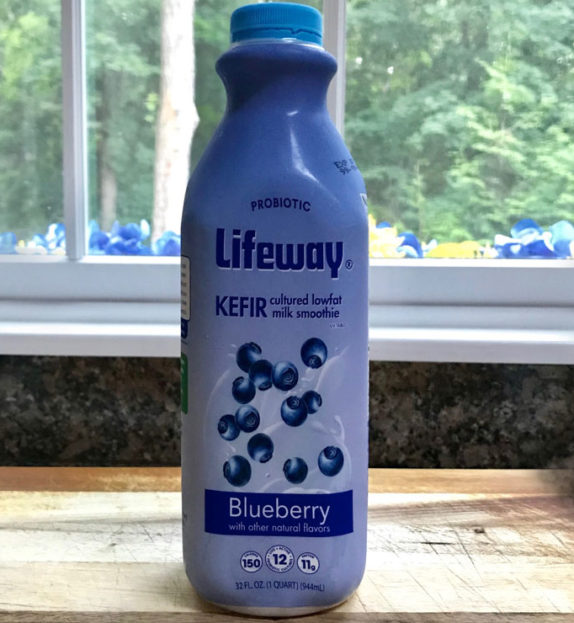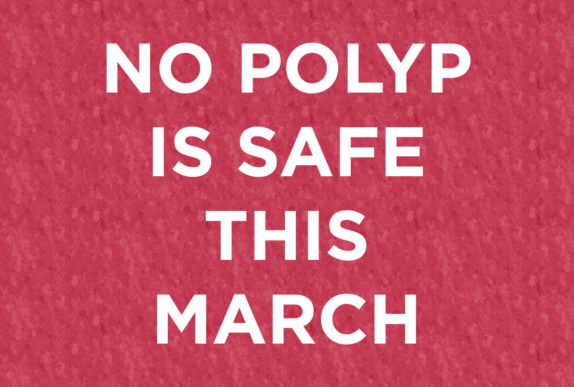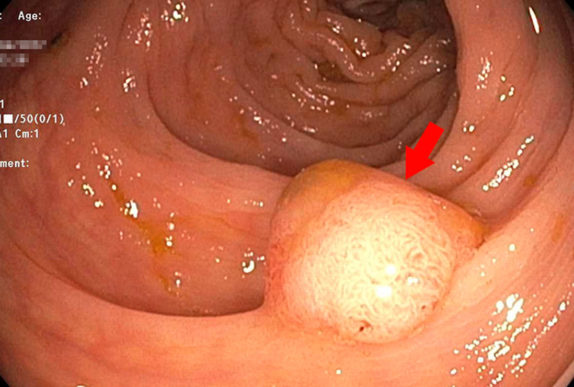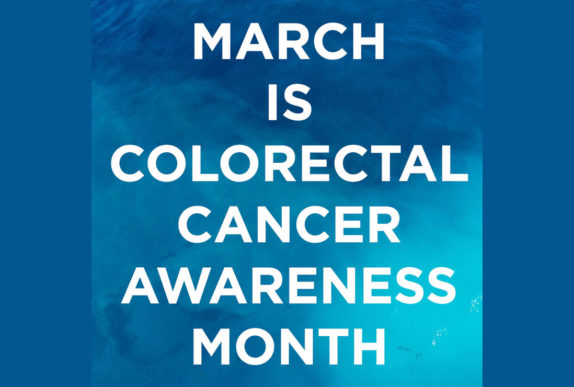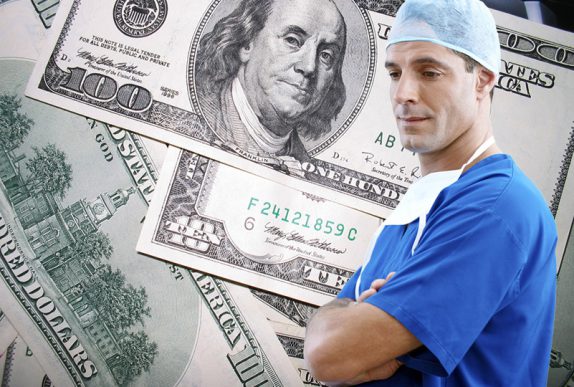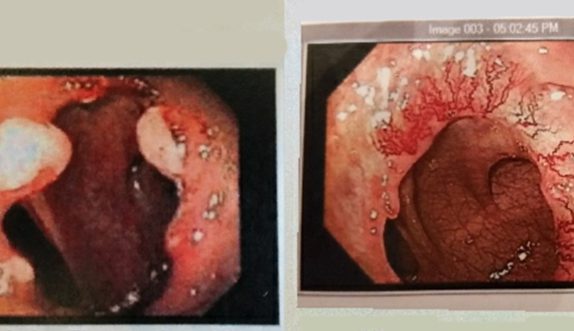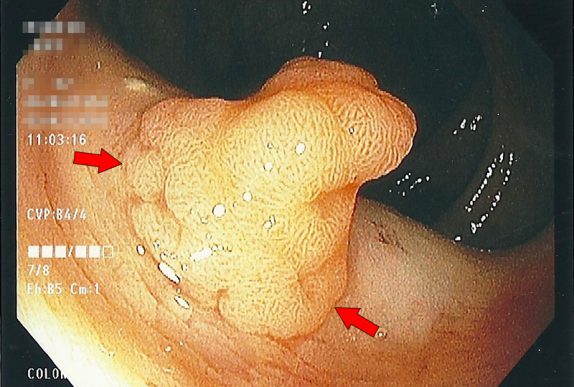Every question you could ask about colonoscopy, answered!
If you read this article, you'll know more than 99% of the population about colorectal cancer. More importantly, you'll know how to prevent this deadly disease from all angles! Plus, some interesting facts about Retroflexions.com in honor of our 4th birthday!
Fermented foods are known as an excellent source of probiotics, and may have a variety of health benefits. Hard scientific data on these fermented foods is hard to come by however. Read about a recent study that suggests these foods may reduce the risk of colon cancer!
The American Cancer Society (ACS) released new guidelines regarding colorectal cancer screening for the average-risk individual. The big news is that they now recommend that screening for colorectal cancer begin at age 45 rather than age 50.
How to cheat on the bowel prep for a colonoscopy and still have a successful procedure, written by a gastroenterologist.
Colorectal Cancer Awareness Month continues on! However let’s face it, awareness by itself is not enough! To have an impact, we need to take action against colon cancer. We must also have the necessary tools, tactics, and training to take care of business when polyps rear their ugly head. It's a bad month to be a polyp!!!
Roughly half of all cases of colon cancer (and by extension, colon polyps) are a result of modifiable risk factors. These are the things that you can control. If we know what these risk factors are, maybe we can make better choices...
We think this process takes about 10-20 years to occur, which is a very important fact when it comes to colorectal cancer prevention. This long sequence, from adenoma to cancer, is the reason why screening can prevent colon cancer—
How many "foods" do we eat that were shaped by a machine into some pleasing shape and injected with modified fats and preservatives before being deep-fried, flash frozen and shipped out from a factory somewhere? A new study shows us the harm in eating ultra-processed foods.
The question of cost is a valid one, especially at the current time where health care costs seem to be spiraling out of control. Many times it seems that the outcomes gained from large health care expenditures do not justify the massive costs, or are not feasible to implement for society as a whole.
I read with interest your blog today, and then some of your other offerings. I am a rural general surgeon who has done 12,000 colonoscopies in 35 years. My question is how do we know that screening is effective at reducing mortality?
The American Institute for Cancer Research has estimated that about 45% of colorectal cancer cases could be prevented through a healthy diet, physical activity, and maintaining a healthy weight! This provides tremendous incentive for us to take control of our lifestyle habits and make a positive change.
There is a lot going on this month: colon cancer awareness events, flexing for $$$, new and old blog posts, and a birthday!
Over two years ago, I had a colon resection for the removal of a cancerous tumor (stage 2A). Ever since, I have had on and off bleeding in my stool. My surgeon has done two sigmoidoscopies and my gastro doctor has done two colonoscopies.
What is immediately apparent from these numbers is that Cologuard rarely misses cancer. However, if we count polyps as a significant finding, there are plenty of false-positive results (45%) and plenty of false-negatives too (34%). So is Cologuard a good test overall?
